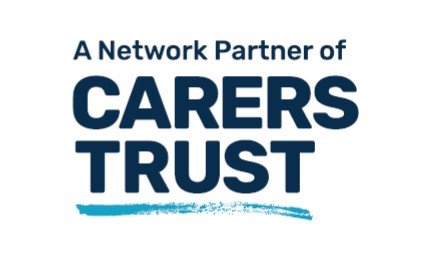Personal Independence Payment (PIP) is for people with a long-term health condition or disability, that affects their ability to cope with daily living tasks and mobility.
You must be aged 16 or over and be under State Pension age to make a new claim.
This has two components; Daily living and Mobility, and is split into two rates; Standard and Enhanced.
It is assessed on a point scoring basis – to qualify for standard rate you need 8 points, and enhanced rate requires 12 or more points.
PIP is a non-means tested benefit (so does not look at earnings or savings).
It’s tax free and you can get it whether you’re in or out of work.
Personal Independence Payment (PIP) is usually paid every 4 weeks.
PIP helps with some of the extra costs caused by long-term ill-health or a disability if you’re aged 16 to below pension age.
You could get money to help with the extra costs caused by your condition. How much you get is not based on your condition, but how your condition affects you.
You’ll need an assessment to work out the level of help you get. Your award will be regularly reassessed to make sure you’re getting the right support.
See more information on the gov.uk website: Personal Independence Payment (PIP): What PIP is for – GOV.UK (www.gov.uk)
PIP Assessments
Your claim will be assessed by an independent health professional to help DWP work out the level of help you need.
The assessment is usually face-to-face with a Health Professional – you’ll get a letter explaining why and where you must go.
DWP makes the decision about your claim based on the results of the assessment, your application form and any supporting evidence you include.
Eligibility
To qualify for PIP, you must:
- be aged 16 to pension age
- have a long-term health condition or disability and difficulties with activities related to ‘daily living’ and or mobility (see below)
- be in Great Britain when you claim – there are some exceptions, e.g. members and family members of the Armed Forces
- have been in Great Britain for at least 2 of the last 3 years
- be live UK, Ireland, Isle of Man or the Channel Islands
- not be subject to immigration control (unless you’re a sponsored immigrant)
There are some exceptions to these conditions if you’re living or coming from another EEA country. You can get PIP whether you’re in work or not.
Your disability or health condition
You must have a long-term health condition or disability and have difficulties with activities related to ‘daily living’ and or mobility.
You must have had these difficulties for 3 months and expect them to last for at least 9 months. If you’re terminally ill (i.e. not expected to live more than 6 months), you don’t need to have had these difficulties for 3 months.
How to claim
Phone the Department for Work and Pensions (DWP – see number below). You’ll be asked for information like:
- your contact details e.g. phone number
- your date of birth
- National Insurance number (this is on letters about tax, pensions and benefits)
- your bank or building society details e.g. sort code & account number
- your doctor’s or health worker’s name, address & phone number
- details of any time you’ve spent abroad or in a care home or hospital
Someone else can call on your behalf, but you’ll need to be with them when they call. You can also write asking for a form to send the above information by post (this can delay your claim).
What happens next
You’ll be sent a ‘How your condition affects you’ form. It comes with notes to help you fill it in. Return the form to DWP – the address is on the form.
Then an assessment will be arranged for you. (see above for details of what that involves)
New claims only
Telephone: 0800 917 2222
Textphone: 0800 917 7777
Monday to Friday, 8am to 6pm
PIP significantly boosts incomes of disabled people – who are disproportionately financially insecure.
An average PIP award is £6900 annually and can double the disposable income for those on means-tested benefits. However, PIP is often underclaimed due to its complex nature and lengthy application process.
The Turn2us PIP Helper aims to improve PIP claim rates, reduce dropout rates, and to enhance financial security for disabled individuals.
The Turn2us PIP Helper guides people through navigating the cumbersome, 40-page, Personal Independence Payment application form, and signposts to other help available and information.
With the Turn2us PIP Helper, you can:
- Walk through the PIP application process step by step
- Check what PIP award you are likely to get
- Get personalised tips on how to fill out your application form
- Find extra help you can get based on your PIP award
Independent Living Fund
The Independent Living Fund (ILF) provides money to help disabled people live an independent life in the community rather than in residential care.
NOTE: THIS FUND NO LONGER ACCEPTS NEW APPLICATIONS.
You can use payments from the ILF to:
- employ a carer or personal assistant to give you personal and domestic care
- pay a care agency to provide personal care and help with domestic duties
If you’re already getting help from the ILF, your payments will continue to be reviewed to check if your circumstances are still the same.

